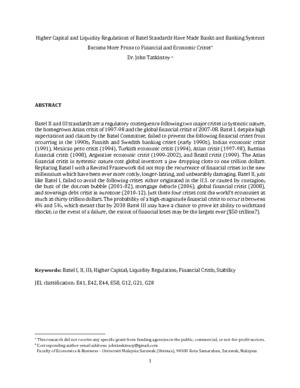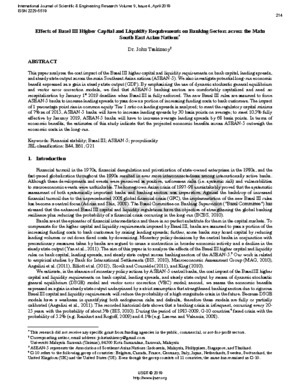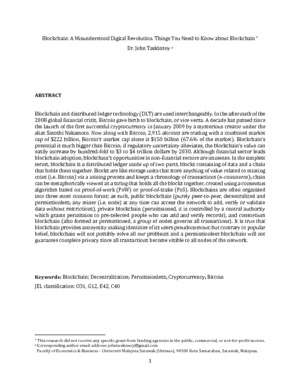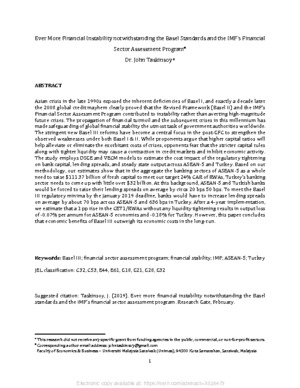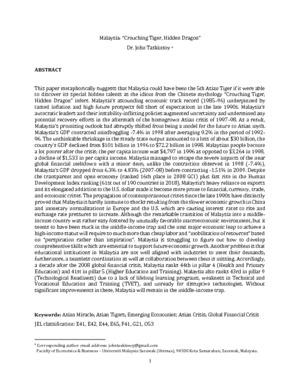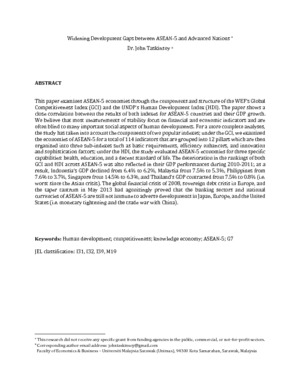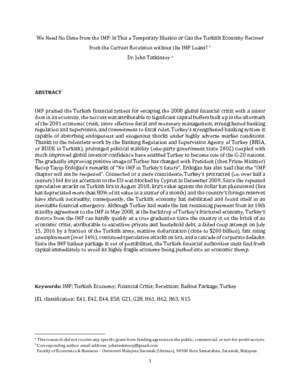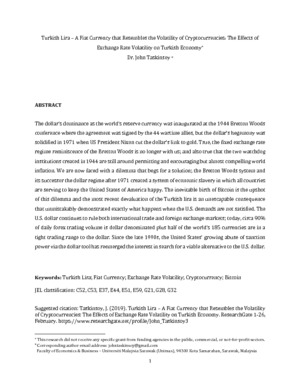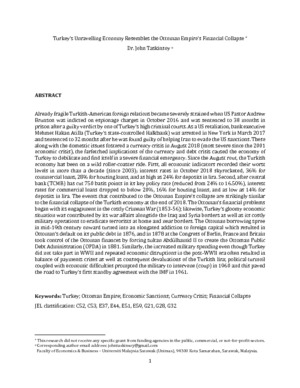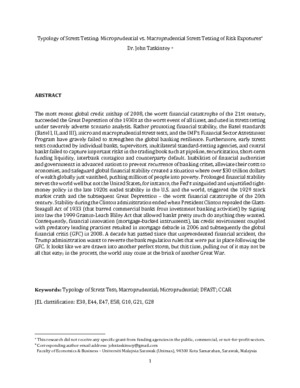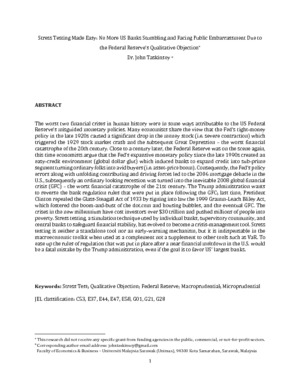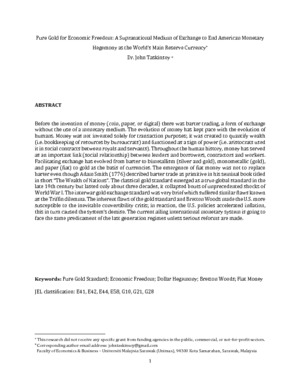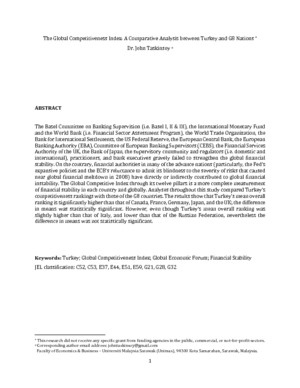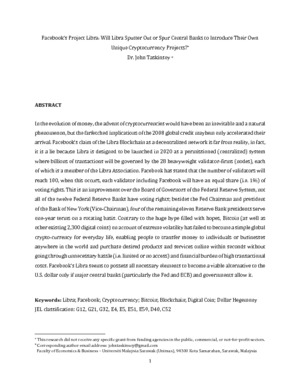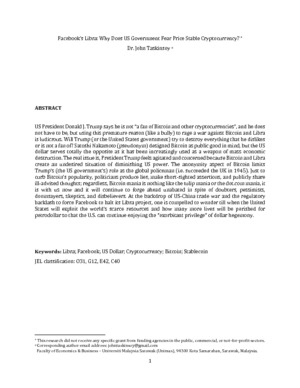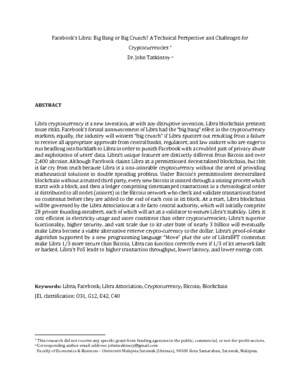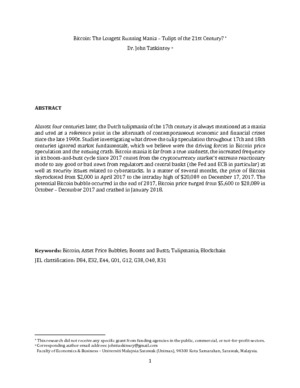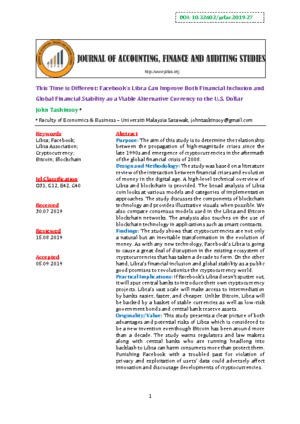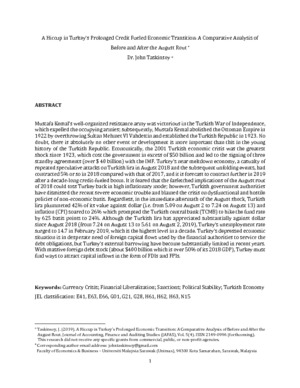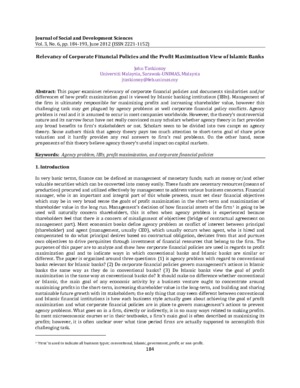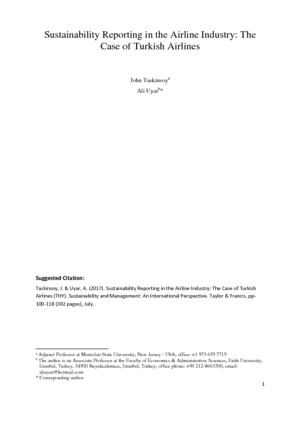- Suggested keywords :
- promise(1)
- Aside(1)
- electronic(7)
- Neuroscientists(2)
- single(3)
List of Categories and SubCategories
Change Your Picture

Rigorous Capital Requirements Under Basel Iii Possible Impact On Turkey’s Financial Sector
JOHN TASKINSOY
VIEWS
731
INFO
more

0
0
- Category : Business
- Size : 788815
- By : JOHN TASKINSOY



Using Your Google Account
Google Login/Sign up
OR
Recover Your Password
Abstract
Turkey has experienced the biggest financial and economic shock in 2001 resulting a massive overhauling of its entire banking system that eventually cost the government over $50 billion. The IMF was involved in the recovery process from the beginning providing Turkey nearly $24 billion of financial assistance between the fragile years of 1999 and 2002. After 19 Stand-By arrangements, the Turkish government recently announced that it had decided to put an end to its partnership with the IMF since 1947 and it also said that it would not commit to another arrangement after the last payment of the existing loan is made on April 2013. The resilient Turkish banking system capable of absorbing shocks during financial stress, thanks to the extraordinary work by the BRSA, a decade long political stability (one-party government since 2002) along with improved global investor confidence enabled Turkey becoming the 16th largest economy in the world with over $1 trillion in GDP.1 On the contrary of common arguments, a large number of Turkish government officials and the top banking executives believe that Basel III’s new rigorous capital requirements will have little or no impact on the Turkish banking sector which currently has a capital adequacy ratio (CAR) of little over 16%, that is significantly higher than Basel III’s 10.5% in effect by January 2019.
Recommended Papers

